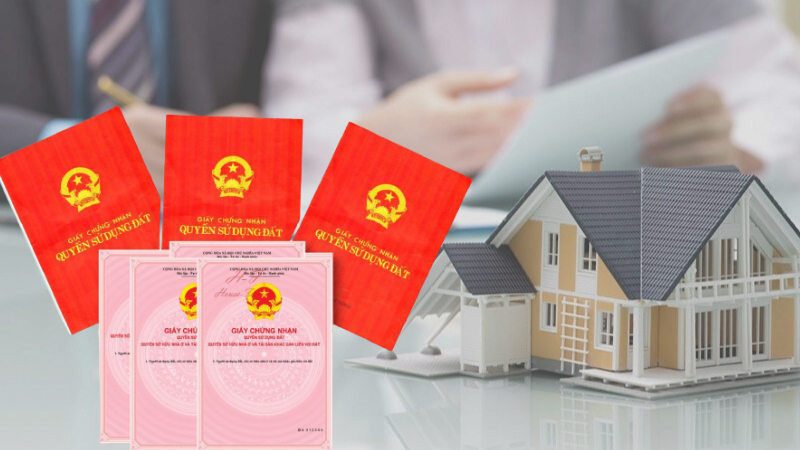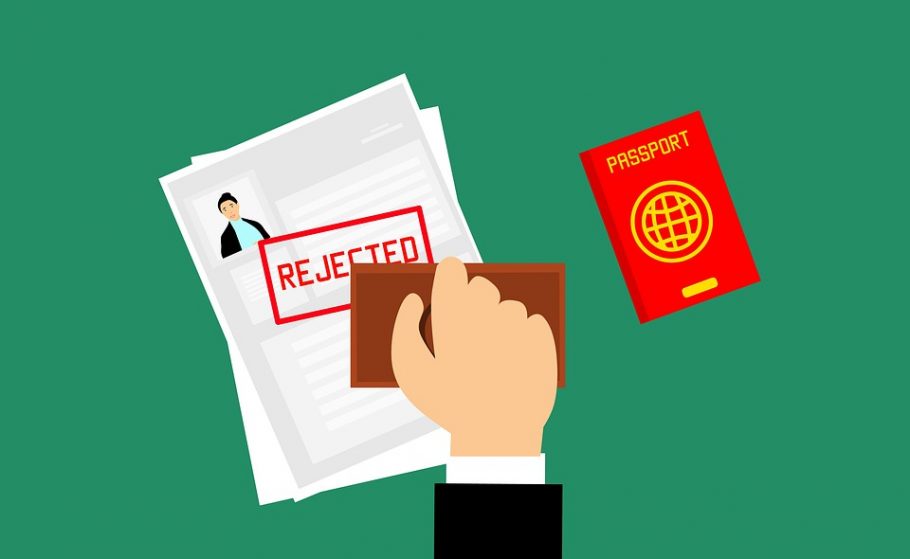Some practical shortcomings related to civil liability insurance for motor vehicles and proposed solutions
I. Legal Documents
- The 2015 Civil Code;
- The 2022 Law on Insurance Business;
- The 2008 Road Traffic Law;
- Other relevant legal documents.
II. Analysis of Some Shortcomings Related to Civil Liability Insurance for Motor Vehicles
1. Problem Statement
Currently, according to Point a, Clause 2, Article 8 of the 2022 Law on Insurance Business, motor vehicle owners are required to have compulsory civil liability insurance. In which, Clause 18, Article 3 of the 2008 Road Traffic Law stipulates that "motor vehicles" include "cars; tractors; trailers or semi-trailers pulled by cars, tractors; two-wheeled motorcycles; three-wheeled motorcycles; mopeds (including electric motorcycles) and similar types of vehicles." However, in reality, many motor vehicle owners believe that this type of compulsory insurance is almost worthless because when insured events occur, most insurance service providers do not provide solutions for vehicle owners. They argue that the obligation to buy civil liability insurance is almost a waste and only has value to deal with when inspected by traffic police. This is an important issue and needs careful research to come up with solutions to make the implementation of civil liability insurance for motor vehicles more practical and effective.
2. Shortcomings in the Implementation of Civil Liability Insurance for Motor Vehicles
2.1. What is Civil Liability?
The 2015 Civil Code does not provide a specific definition of civil liability, but based on Clause 1, Article 351 of the 2015 Civil Code, it can be understood that civil liability is an adverse consequence that a person who commits a violation of law in general and a breach of obligation in particular must bear, specifically:
"Article 351. Civil Liability for Breach of Obligations
1. The party with an obligation that breaches the obligation shall bear civil liability towards the party with the right..."
Thus, civil liability arises between subjects in civil life. It may be an act causing material or moral damage of one person to another, such as causing damage to another person's property or health due to a negligent act while participating in traffic. In principle, a person participating in traffic must meet the conditions stipulated in Article 58 of the 2008 Road Traffic Law, including "age", "health", and "having a driver's license appropriate to the type of vehicle permitted to be driven issued by a competent state agency." In the event of causing an accident to another person and the fault lies entirely with oneself, the person causing the accident must compensate for all damages commensurate with the actual loss as prescribed in Article 360 of the 2015 Civil Code: "In case of damage caused by breach of an obligation, the obligor shall compensate for all damage, unless otherwise agreed or otherwise provided by law." In addition, if a traffic collision occurs but the parties cannot resolve the compensation themselves, they may request the Court to resolve it according to law. However, because the material damage from traffic accidents is usually very large, in order to provide some economic support to the party liable for compensation, the type of civil liability insurance appears and is defined as a "compulsory insurance." According to Article 21 of Decree 100/2019/NĐ-CP, when participating in traffic without or without carrying a "Certificate of Civil Liability Insurance of the motor vehicle owner is still valid", it will be considered a violation of legal regulations and will be sanctioned.
2.2. Shortcomings in Practice
As mentioned, the regulation on compulsory civil liability insurance for motor vehicles has been and continues to cause controversy. Supporters argue that material damage resulting from traffic accidents is usually very costly and that vehicle owners may not have the financial capacity to compensate for damages. With the support of insurance organizations, vehicle owners who have to pay compensation can rest assured and share the costs. Therefore, civil liability insurance brings many benefits to those who are unfortunate enough to have to compensate for damage from traffic accidents. In fact, this type of insurance has also been effective in some major traffic accidents, typically in the series of accidents on Vo Chi Cong Street in Hanoi on April 5, 2023, BSH Insurance Company advanced 250 million VND for the car owner causing the accident.
Conversely, opponents argue that civil liability insurance is almost ineffective when a traffic accident occurs. In many traffic accidents, the vehicle owners causing the accident, although they have contacted the insurance company by the phone number provided on the civil liability insurance certificate, are mostly not resolved for many reasons of evasion of the insurance provider. In fact, this situation still exists and is a painful, frustrating issue, infringing on the rights and legitimate interests of those who buy civil liability insurance. For example, in 2017, a traffic accident occurred on Dong Tam Street, Vinh Yen City, Vinh Phuc Province, the victim then contacted the insurance agent but the company "scheduled appointments up and down" and then required many types of documents, from accident photos, records from the traffic police and many other documents, taking a lot of time making this person discouraged and gave up.
In other words, buying this insurance is mandatory, but car owners can hardly use this type of insurance from the very performance of the insurance company's obligations. After all, the insurance company is an economic organization aimed at profit. Accidents involving cars with great economic value and even right in crowded streets are not necessarily resolved by the insurance organization. Therefore, people believe that for cases of motorbike collisions in remote areas with few witnesses, it is almost certainly not resolved by civil liability insurance. In fact, there are many cases where car owners who buy civil liability insurance do not call the insurance organization when a collision occurs because they also predict the way this organization resolves it. Thus, buying civil liability insurance does not bring practical benefits to car owners but may only contribute to enriching the insurance organization. Therefore, there is an opinion that this type of insurance should be abolished for motorbikes: "On December 5th, 2022, the Department of Insurance Management and Supervision received a petition and reflection dated November 9th, 2022 on the abolition of compulsory regulations on Civil Liability Insurance Certificates of motorbike and motorcycle owners on the National Public Service Portal."
In addition, it is necessary to mention the current situation of civil liability insurance business. It is not difficult for traffic participants to encounter cheap mobile insurance agents on sidewalks or even right in the heart, roadside. This insurance business may be done by the seller spontaneously, but it may also be distributed by insurance agents to those who do insurance business. The sale of mobile insurance attracts the attention of traffic participants in every way, both potentially causing traffic accidents and creating unsightly images of civilized and cultural traffic. On the other hand, there are many cases where sellers cannot explain clearly the information, terms, rights and obligations to insurance buyers, while buyers mistakenly believe that cheap motorbike insurance is compulsory civil liability insurance, which can be used to deal with traffic police. There are not a few vehicle owners who buy the wrong type of voluntary insurance because they think that this insurance is still accepted by the traffic police from the advice of the insurance seller. In addition, the sale of civil liability insurance is also very careless and loose. Many car owners can buy a civil liability insurance certificate and then fill in the information themselves. Even, civil liability insurance is publicly sold at cheap prices on e-commerce platforms.
III. Some Proposals and Recommendations
Although the regulations on compulsory civil liability insurance for motor vehicles have been clearly stated in the 2015 Civil Code, this type of insurance has not yet received full support from traffic participants. Therefore, in order to make the implementation of civil liability insurance for motor vehicles more practical, the following solutions should be considered:
Firstly, there should be regulations specifying the contents such as the time limit for resolution by the insurance organization for motor vehicle owners entitled to insurance, requiring the public disclosure of hotlines for receiving information about civil liability insurance organizations that do not fulfill their insurance obligations as committed, and appropriate sanction mechanisms for these organizations.
As mentioned, one of the reasons why traffic participants do not respond to civil liability insurance is that the resolution of insurance organizations still has many problems. It may be a delay in the process of resolving the case or even evading the performance of obligations. At the same time, the inspection, examination, and supervision of state management agencies on civil liability insurance activities are still loose. Therefore, it is necessary to supplement regulations publicly disclosing the hotlines of state management agencies responsible for managing the system of civil liability insurance organizations. Currently, on civil liability insurance certificates, there is only the phone number of the insurance organization and as you know, when the vehicle owner cannot contact or is not resolved by the insurance organization, they will not know who to contact to complain and denounce the violations of the insurance organization. Along with that, state management agencies in the insurance sector need to further strengthen the inspection, examination, and supervision regime and further expand the collection of feedback from traffic vehicle owners on the use of this type of civil liability insurance. In addition, it is necessary to continue to study and stipulate sanctioning regimes for insurance organizations if there is clear evidence proving that this organization is trying to evade insurance obligations because this not only causes direct damage to the vehicle owner who bought insurance but also causes adverse effects on the implementation of policies and laws in the field of road traffic of the State. Besides, there must also be strict regulations on the time limit for resolution by the insurance organization for vehicle owners with insured benefits so that these organizations cannot deliberately cause difficulties to prolong the time for insurance payment. From there, the implementation of civil liability insurance can meet the needs and legitimate rights and interests of the insured.
Secondly, it is necessary to quickly crack down on the situation of rampant and arbitrary insurance business on the streets.
As is known, the business of civil liability insurance in particular and other types of insurance in general is currently taking place arbitrarily. Moreover, the business of these spontaneous insurance sellers has been going on for a long time and often right in the streets with many vehicles, but it has not been handled by the market management agencies in the locality. The consequences of arbitrary insurance business can cause traffic congestion, traffic accidents, lack of urban beauty, and lower the prestige of insurance types. Therefore, drastic measures are needed to handle the situation of rampant insurance sales on sidewalks and roadsides. Regulations can be in the direction of requiring the head of the local government where the mobile insurance seller is located to be held personally responsible if they do not thoroughly handle or let the situation continue to recur.













